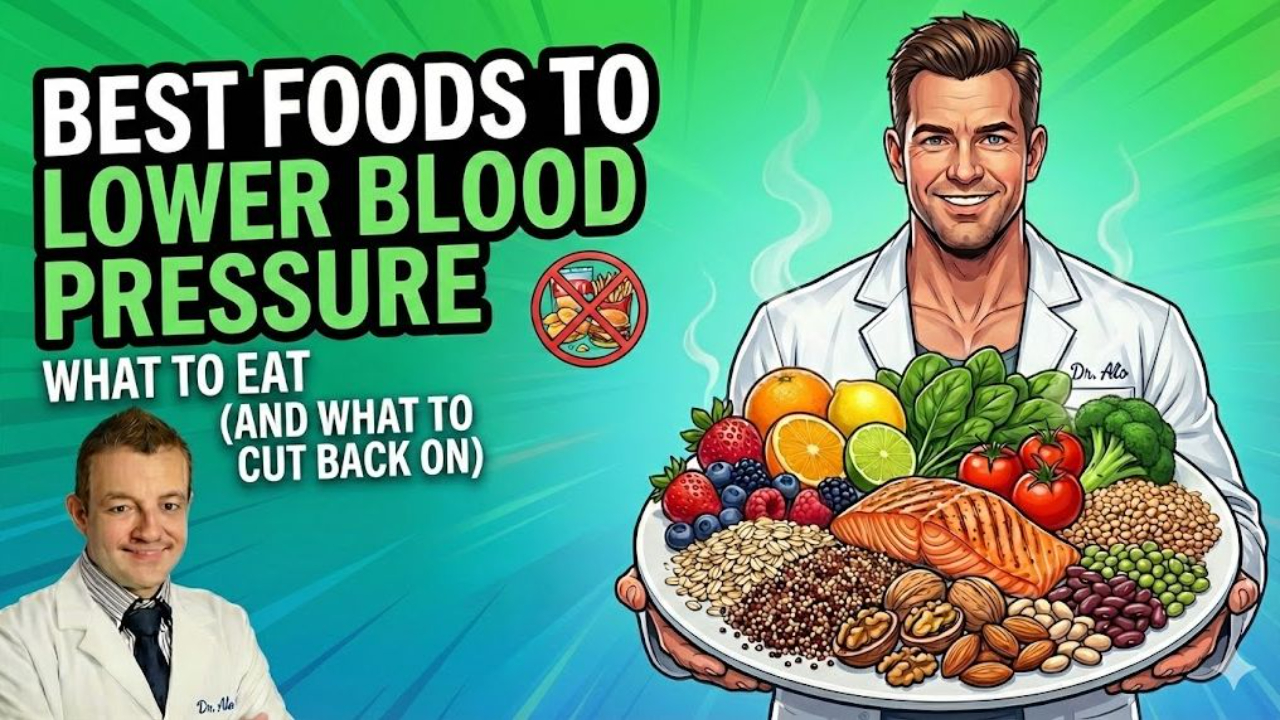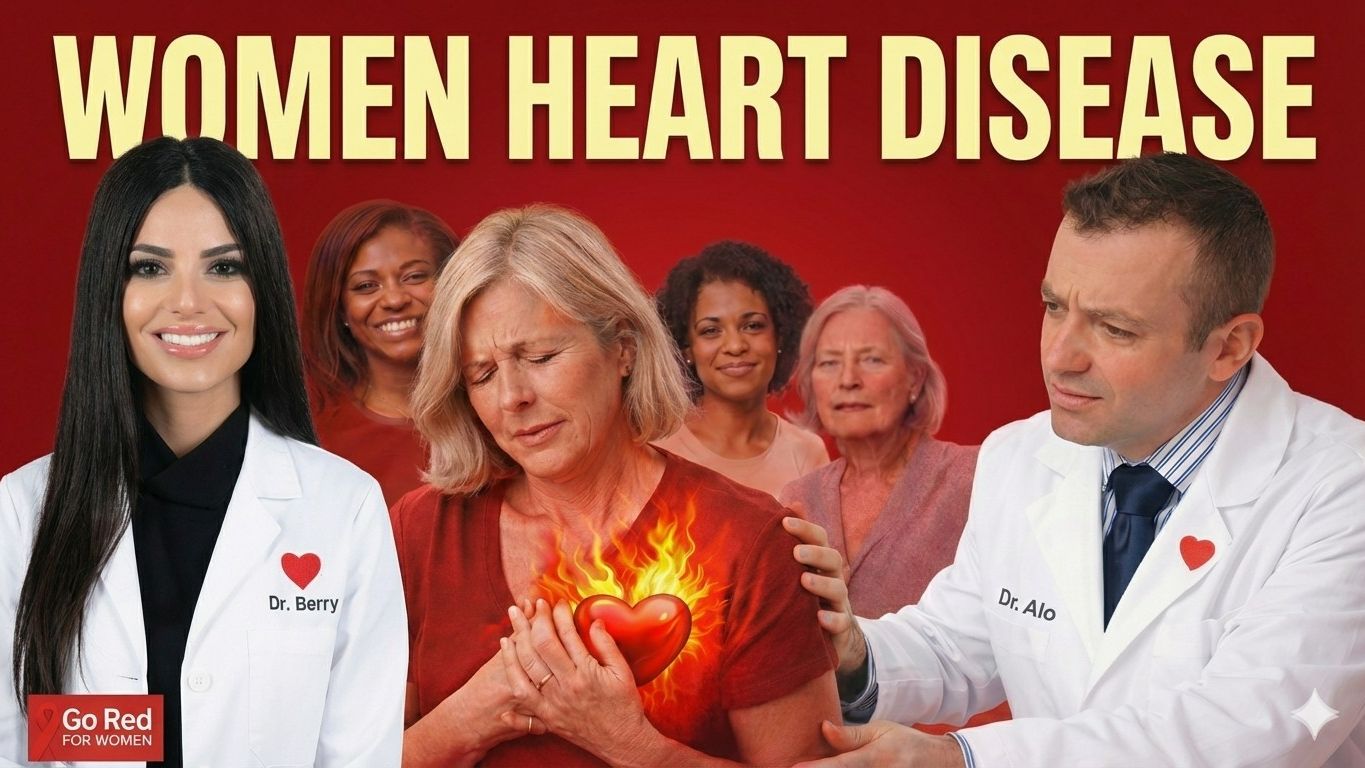7 Reasons You Shouldn't Do Intermittent Fasting Based on Science
Nov 11, 2022
Does Intermittent Fasting Work For Weight Loss?
One of the questions I get the most when I am on tour speaking is, "Should I do intermittent fasting?" People will say they heard it's good for your health, or it helps you live longer, or it is the only way to lose weight.
It certainly is one way to lose weight, but it is not the only way to lose weight. It's also quite difficult to maintain long term. I always teach people to choose the diet that feels the easiest to you.
If you want to lose weight properly without fad diets, gimmicks, and food restriction grab my Actual Weight Loss Book!
Let's take a look at the research.
Why Intermittent Fasting May Not Be Superior to Continuous Calorie Restriction: A Review of the Evidence
Intermittent fasting is a new diet fad or technique where you go all day without eating until a specified "eating window" where you are allowed to eat. It has gained popularity online as a weight loss and health promotion strategy. This is often called "time restricted eating" or TER.
The evidence on the effectiveness of intermittent fasting compared to continuous calorie restriction is mixed. Let's review the evidence on this topic and explore why intermittent fasting is not superior to continuous calorie restriction and doesn't have any inherit "magical" weight loss properties.
-
Intermittent fasting (IF) has not been shown to cause greater weight loss when compared to continuous energy restriction (CER) when calories and protein are equated. A systematic review and meta-analysis published in the British Journal of Nutrition found that intermittent fasting did not result in significantly greater weight loss compared to continuous calorie restriction. The review included data from 13 randomized controlled trials and found that both intermittent fasting and continuous calorie restriction resulted in similar amounts of weight loss when calories and protein were equal (isocaloric) and controlled in both groups. (https://www.ncbi.nlm.nih.gov/pmc/articles/PMC6836017/)
-
Intermittent fasting does not offer additional health benefits. The one thing you hear the most online is that IF confers longevity and autophagy mechanisms to help people live longer. It turns out that CER offers better autophagy and better longevity. We have known since the 1960s that people who ate fewer calories lived longer, regardless of anything else. While some studies previously suggested that intermittent fasting may have some additional health benefits beyond weight loss, such as improved insulin sensitivity and reduced inflammation, the evidence has since been redacted and revised with newer data. A systematic review and meta-analysis published in the American Journal of Clinical Nutrition found that intermittent fasting did not offer any additional health benefits compared to continuous calorie restriction. The review included data from 12 randomized controlled trials and found that both intermittent fasting and continuous calorie restriction resulted in similar improvements in markers of health, such as blood pressure, cholesterol levels, and blood sugar control. (https://www.hsph.harvard.edu/nutritionsource/healthy-weight/diet-reviews/intermittent-fasting/)
- Skipping breakfast has been shown in the PESA Study to increase cardiovascular mortality and ASCVD (https://www.sciencedirect.com/science/article/pii/S0735109721051159) We aren't sure why this was the case, but the only study to shows outcomes and mortality data, showed bad outcomes.
- Patients with diabetes, eating disorders, and hypertension may not be able to safely fast for prolonged periods of time without endangering themselves due to low blood sugar reactions or hypertensive urgency. It's also difficult to adhere to such stringent eating patterns because is may be socially inconvenient.
- Intermittent fasting has been shown to cause more disordered eating (along with keto style diets). Anorexia, bulimia, bingeing and bad relationships with food are associated with IF and keto more frequently. I always stress having a good relationship with food, first and foremost. Intermittent fasting and Keto style diets have been linked to increased eating disorders and are not suitable for those who may be prone to eating disorders and have had eating disorders in the past.
6 Reasons Why Intermittent Fasting Can Be Bad For Your Health
Do we need a 6th reason?
An article titled, The Effects of Isocaloric Intermittent Fasting vs Daily Caloric Restriction on Weight Loss and Metabolic Risk Factors for Noncommunicable Chronic Diseases: A Systematic Review of Randomized Controlled or Comparative Trials, looked at IF versus just restricting calories throughout the day, while matching calories in both groups and concluded...
Conclusions: With matched energy intakes, IF interventions produced similar beneficial effects for weight loss and chronic disease risk factors compared with DCR. Very limited evidence suggests that IF may be more effective vs DCR for fat loss and insulin sensitivity, but conclusions cannot be drawn based on the current evidence. Future clinical studies with larger populations and longer durations are needed for further elucidation of any potential effects of IF regimens for prevention of noncommunicable chronic diseases.
https://pubmed.ncbi.nlm.nih.gov/36126910/
7 Reasons?
Here is Number 7!
Another large meta-analysis (strongest level of evidence) from 2019 in the journal of Nutrition titled, Effectiveness of Intermittent Fasting and Time-Restricted Feeding Compared to Continuous Energy Restriction for Weight Loss, found no difference between those who did intermittent fasting and continuous calorie restriction, concluding...
Conclusions: Overall, the available evidence suggests that IER (intermittent energy restriction) paradigms produce equivalent weight loss when compared to CER (continuous energy restriction), with 9 out of 11 studies reviewed showing no differences between groups in weight or body fat loss.
https://pubmed.ncbi.nlm.nih.gov/31614992/
Is Intermittent Fasting the Best Way to Lose Weight?
I prefer my patients develop a good relationship with food, not skip breakfast, eat in a natural eating pattern and learn to eat well while eating the foods that they love. The evidence on the effectiveness of intermittent fasting compared to continuous calorie restriction is abysmal. The studies I reviewed show no inherently "magical" powers to IF versus CER.
The only reason to use intermittent fasting would be because it fits your schedule and is the only way you can stick to a calorie deficit. The issue will be long term adherence and safety. There are too many drawbacks and negative side effects that can seriously alter your health.
If you want to lose weight properly without fad diets, gimmicks, and food restriction grab my Actual Weight Loss Book!
Grab my Actual Weight Loss book for more leading edge weight loss and heart health advice!
Grab my Mediterranean Diet Calorie Based Weight Loss Cookbook!
Join my Heart Healthy Community to discuss personalized health advice.
Still Have Questions? Stop Googling and Ask Dr. Alo.
You’ve read the science, but applying it to your own life can be confusing. I created the Dr. Alo VIP Private Community to be a sanctuary away from social media noise.
Inside, you get:
-
Direct Access: I answer member questions personally 24/7/365.
-
Weekly Live Streams: Deep dives into your specific health challenges.
-
Vetted Science: No fads, just evidence-based cardiology and weight loss.
Don't leave your heart health to chance. Get the guidance you deserve. All this for less than 0.01% the cost of health insurance! You can cancel at anytime!
[👉 Join the Dr. Alo VIP Community Today]




















